|
|
|
Editor's note
|
|
Mum, why do we get the hiccups? Dad, why is the Earth round? How do echidnas breathe underground? Are we there yet? Are we there yet? Mum? Dad?
Yes, school holiday season is once again upon us (starting tomorrow for some states, early October for others). Perhaps you’re looking for ways to keep questioning kids happy and engaged during road trips, long afternoons at nan’s house - or while mum or dad furiously try to get some work done with a kid in the background.
If you’ve got some inquisitive young minds in your household, we’d love you to check out the podcast Imagine This. It’s a co-production between ABC KIDS listen and The Conversation, based on The
Conversation’s Curious Kids article series (where we ask academic experts to answer real questions from real kids).
After a fantastic season one – which covered such topics as how snakes say “ssss” with their tongue poking out and why the moon sometimes appears in the daytime – Imagine This is now back with a terrific
season two.
This season, host Brianna Peterson and a star-studded cast of academics unpack such tricky topics as hiccups, the shape of our planet, itchy bites and many more. Ten episodes of Imagine This will be released weekly from Wednesday September 5th – and they have produced some amazing little animations starring academic experts as turtles, birds and kangaroos, of course. You can find them over here.
You can read all the Curious Kids articles on these topics here, and I’ve listed a few of my recent favourites below. I hope our older readers enjoy them as much as our younger ones do. And of course, feel free to send your curious kids’ questions to curiouskids@theconversation.edu.au
Happy holidays!
|
Sunanda Creagh
Head of Digital Storytelling
|

|
|
For all you Curious Kids
|

Imagine This is a co-production between ABC KIDS listen and The Conversation, based on The Conversation’s Curious Kids article series. Season two has launched!
Sunanda Creagh, The Conversation; Molly Glassey, The Conversation
These school holidays, check out the podcast Imagine This, a co-production between ABC KIDS listen and The Conversation. And comb through our Curious Kids series.
|
From Erin, 13, Strathfield.
|
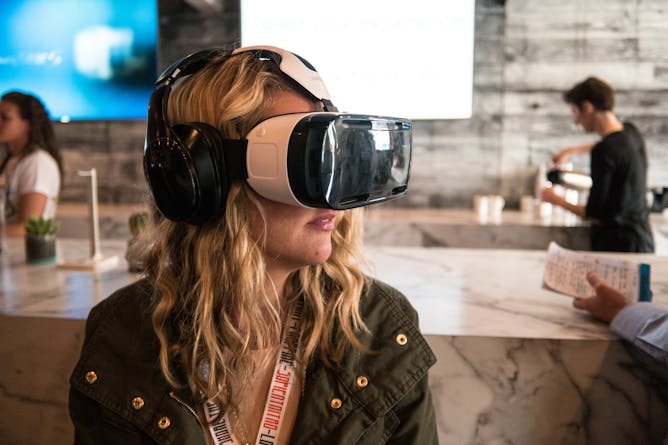
Is this the real life? Or is this just fantasy?
Nan Palmero/Flickr
Tim Dean, University of Sydney
Are you dreaming that you're awake or are you living in a computer simulation? There might be no way to be sure.
|
From Noah, 10, Brunswick East
|
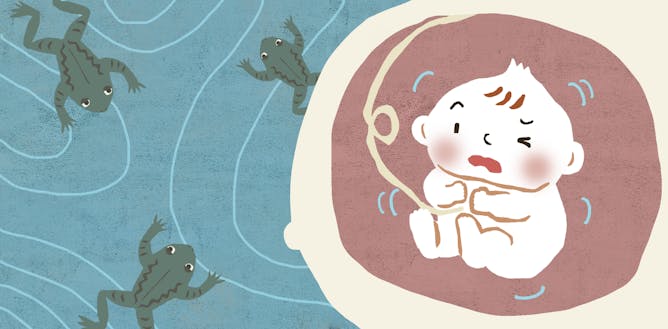
Hiccups might be a way to train breathing muscles and our hiccup reflex might actually come from our amphibian ancestors.
Mami Kempe / The Conversation
Emma Beckett, University of Newcastle
Hiccups serve no clear purpose. Tadpoles have a hiccup reflex which helps keep their lungs safe while they transition. So our hiccup reflex might be from our amphibian ancestors.
|
From Isabella, 8, Cowes, Phillip Island
|
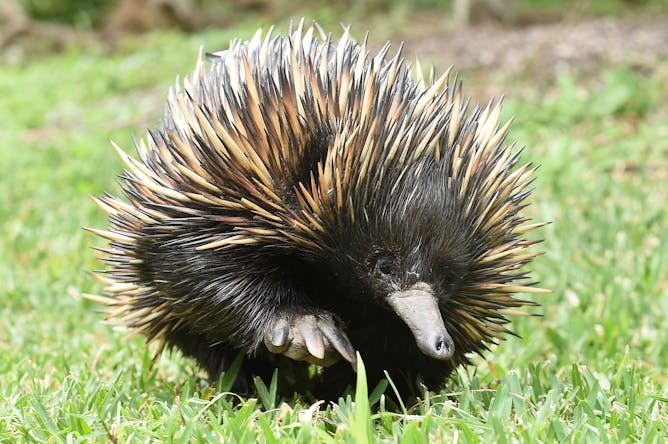
Echidna blood is especially good at holding and transporting oxygen.
DAVE HUNT/AAP
Christine Cooper, Curtin University
Echidnas can survive quite low levels of oxygen.
|
🌏☁️
|
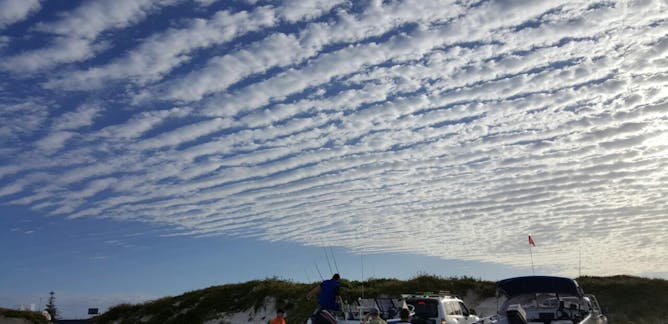
Robert Lawry, Australian Bureau of Meteorology
Clouds formed by rising warm air currents are called 'convection clouds'. Because of all the rising air coming up, these clouds can be bumpy on top, sometimes looking like cotton wool or cauliflower.
| |
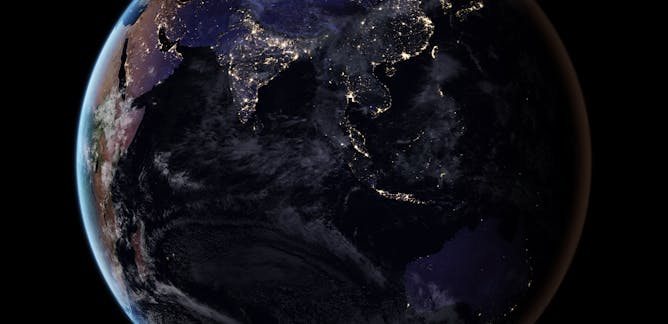
Jonathan P. Marshall, UNSW
Imagine the Earth pulling everything it is made up of, all of its mass, towards its centre. This happens evenly all over the Earth, causing it to take on a round shape.
|
|
|
☄️
|

The other galaxies are there, but they are hiding a very long way away.
www.shutterstock.com
Lisa Harvey-Smith, CSIRO
We are in the Milky Way. If you travelled on an extremely fast spaceship for more than two million years, you would reach our neighbour, the Andromeda galaxy. All other galaxies are even further away.
|
🦋🐍
|
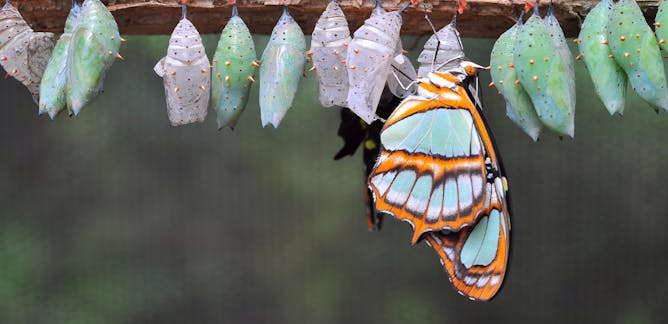
Michael F. Braby, Australian National University
Scientists were not sure if an adult butterfly could remember things it learned as a caterpillar. Then a study by a team of US scientists found something very interesting.
| |
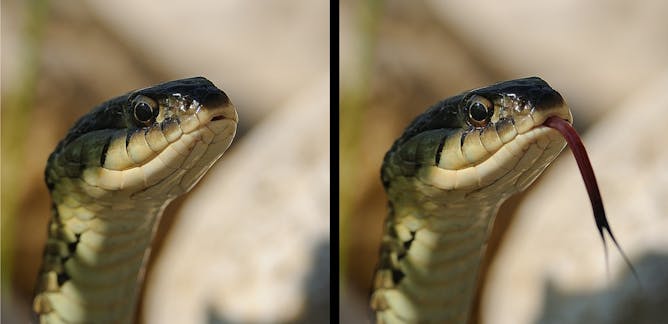
Timothy N. W. Jackson, University of Melbourne
The way humans make an 'ssss' noise is different to the way a snake does it. We put our tongue behind our teeth when we hiss, but for a snake the tongue isn't involved at all in making sounds.
|
|
|
|
|
| |
Featured jobs
|

|
Pride Cup — Melbourne, Victoria
|

|
University of Melbourne —
|

|
RMIT University — Melbourne, Victoria
|

|
La Trobe University — Parkville, Victoria
|
|
|
|
| |
| |
| |
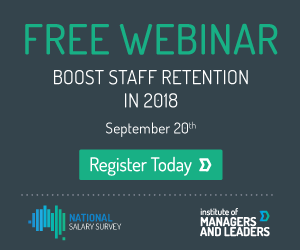
|
| |
| |
| |
Featured events
|

|
University of Sydney, Sydney, New South Wales, 2006, Australia — University of Sydney
|

|
University of Sydney, Sydney, New South Wales, 2006, Australia — University of Sydney
|

|
Curtin University, Kent Street, Bentley, Perth, Western Australia, 6102, Australia — Curtin University
|

|
University of Sydney, Sydney, New South Wales, 2006, Australia — University of Sydney
|
|
|
|
| |
| |
| |
| |
| |
|
|
|
|
|
|
|